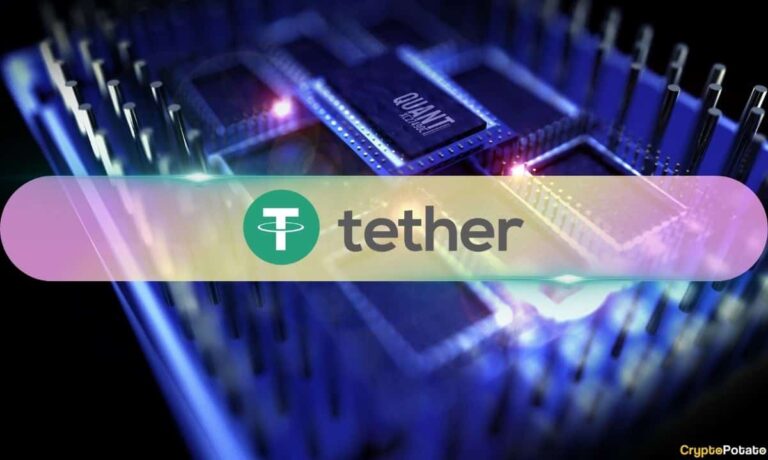

Project Eleven, a quantum computing research organization, has announced the Q-Day Prize – a global challenge offering 1 Bitcoin to the first team or individual who can use Shor’s algorithm on a quantum computer to break part of an elliptic curve cryptographic (ECC) key.
The competition began on April 16, 2025, and will run until April 5, 2026. The main objective is to assess the real-world risk that quantum computing poses to Bitcoin’s cryptographic security. The challenge specifically targets the Elliptic Curve Digital Signature Algorithm (ECDSA).
Global Quantum Challenge
According to Project Eleven’s tweet, more than 10 million Bitcoin addresses have exposed public keys, potentially putting an estimated 6.2 million BTC, worth approximately $500 billion, at risk if quantum computing capabilities continue to advance. The Q-Day Prize aims to move the discussion around quantum threats beyond theoretical speculation by encouraging a practical demonstration of vulnerability.
Participants must run Shor’s algorithm solely on a quantum computer, without assistance from classical computing methods. Even breaking a few bits of a Bitcoin key would qualify as a valid proof-of-concept and could indicate that full key recovery is plausible with future technological improvements. Project Eleven stated that no real-world ECC key has ever been cracked to date.
The initiative comes amid notable progress in the quantum computing sector. Google’s ‘Willow’ chip, for example, recently performed a computation in five minutes that would take traditional supercomputers an estimated 10 septillion years.
Other firms, including IBM, Amazon, and Microsoft, have also made advancements in quantum hardware, and access to quantum processors is increasingly available via cloud services. PsiQuantum, another major player in the field, raised $750 million in early 2025, citing developments in photonic chip design and improvements to quantum algorithms such as Shor’s.
While industry experts do not consider the quantum threat to Bitcoin to be imminent, Project Eleven’s initiative seeks to quantify that risk through open experimentation.
The Great Quantum Debate
The quantum computing debate isn’t new. Earlier this year, CryptoQuant identified it as an emerging risk, especially in areas like mining and private key protection. The debate reignited after a November NIST report warned that certain algorithms vulnerable to quantum attacks will be phased out within five years.
While some voices, such as ‘Bitcoin Isaiah’ on X, advocate for urgent preparation, others like Blockstream CEO Adam Back maintain that Bitcoin’s encryption should hold firm until around 2035.
Binance Free $600 (CryptoPotato Exclusive): Use this link to register a new account and receive $600 exclusive welcome offer on Binance (full details).
LIMITED OFFER for CryptoPotato readers at Bybit: Use this link to register and open a $500 FREE position on any coin!





